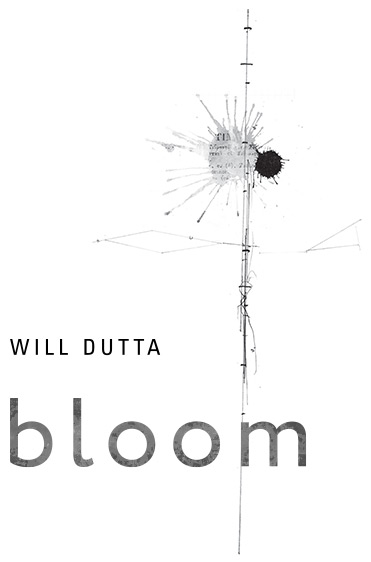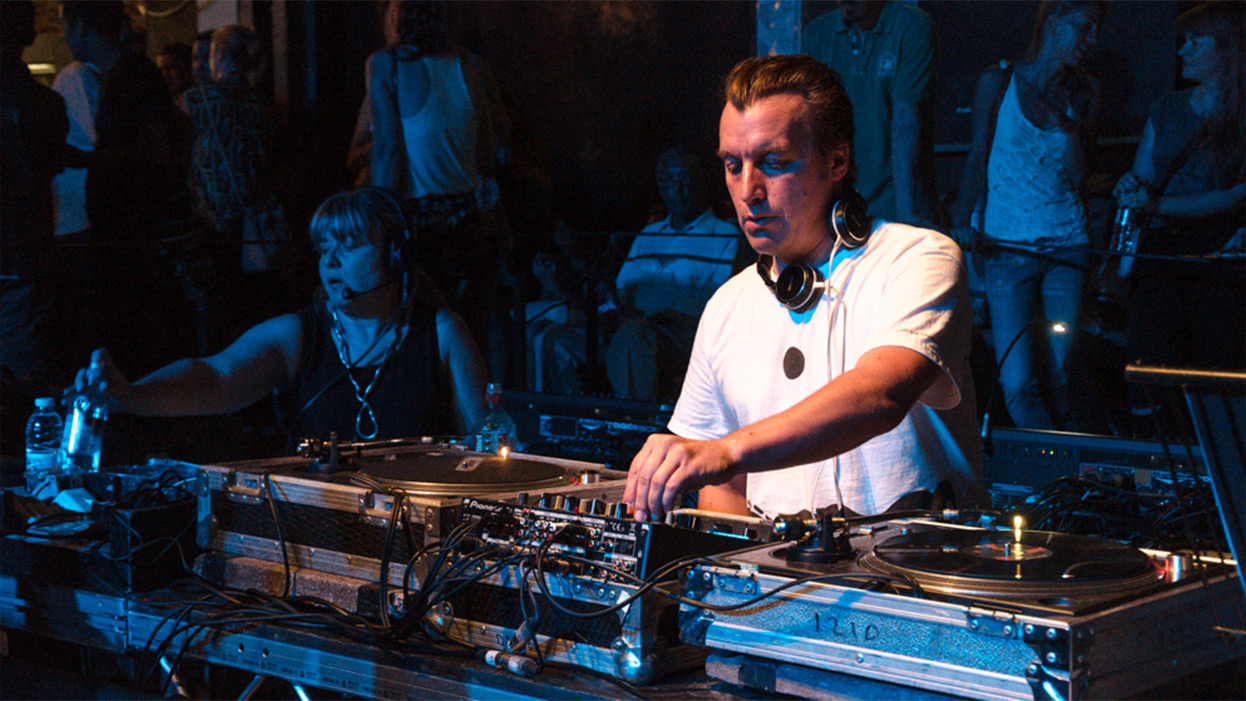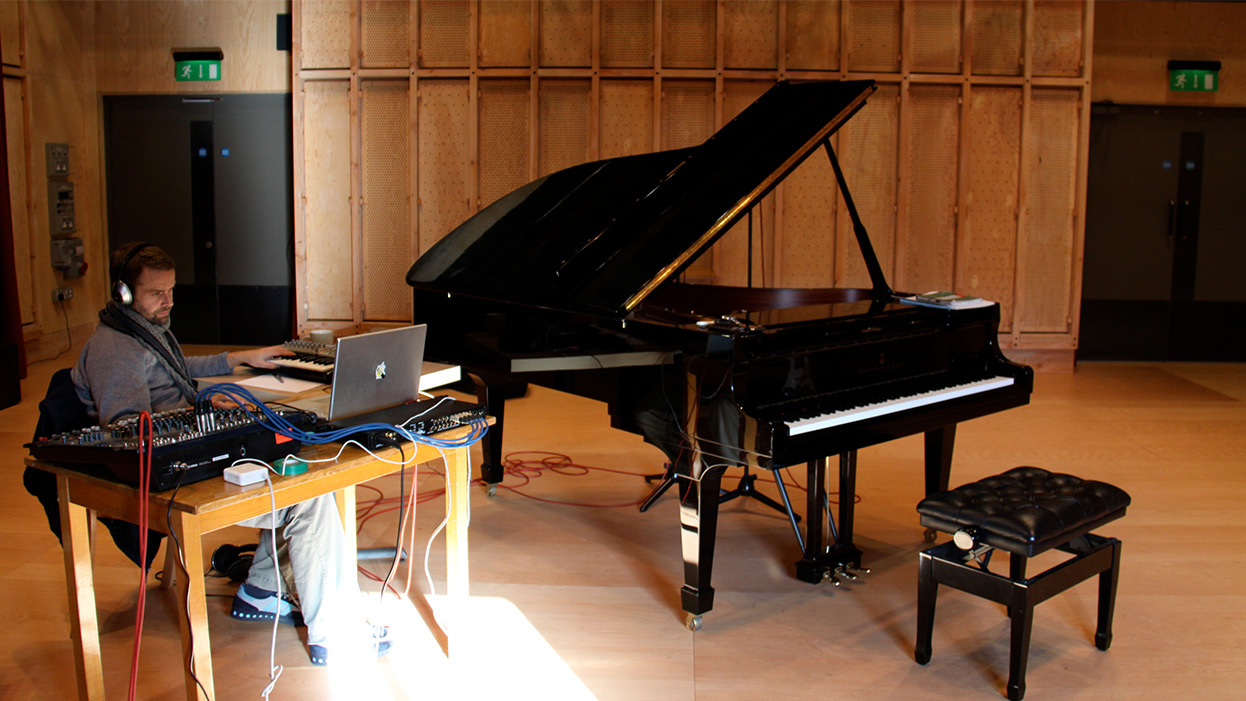Plaid (Ed Handley & Andy Turner)
Co-composers & Producers
A Higher Sense of Time (2017) is written and produced by Will Dutta and Ed Handley and Andy Turner, published by Warp Music Publishing.
Creative objective: to deliver two single-movement pieces of approximately three minutes duration. Rhythm and texture are the stylistic focal points and the piano is treated using a variety of software technologies.
Plaid uses Logic Pro X to arrange the piece and to host various plug-in instruments and effects.
EH: ‘Falcon is the main synthesiser, providing some of the percussive elements using samples, wavetable and subtractive synthesis and physical modelling. Alchemy also provides percussion mainly using additive synthesis. The mallet instruments are provided by Pianoteq, which physically models each note for a richer and more complex sound than a sample. Various GRM Tools are used for real-time processing of the voice and piano. Cantor is a simple formant/additive style voice synthesiser that allows the user to edit the characteristics of each phoneme of a typed text. In A Higher Sense of Time, it is used to follow Ed Macfarlane’s vocal recording. Lastly, Alter/Ego is a formant based voice synthesiser like Cantor and used to layer over the voice.’




